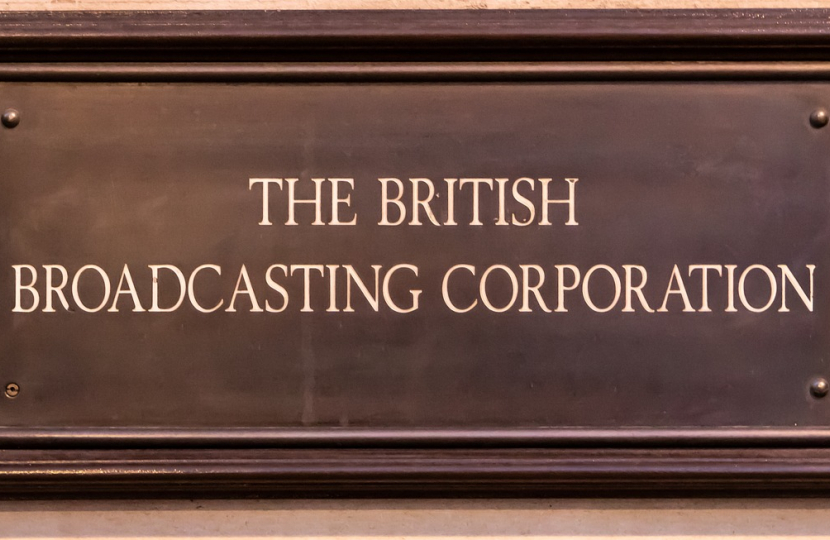
I have always been a supporter of the BBC. It is an important British institution. Sure, there are times when I can disagree with its coverage of certain political issues, but I do think that BBC journalists make a genuine attempt to be impartial and the BBC certainly devotes time and resources to giving coverage to political issues and informing public debate in a way that is the envy of the rest of the world and which we should cherish. Our broadcasters, including the BBC, have an important role to play creating a forum for national dialogue and this has become more, not less, important given the inexorable decline of the traditional newspaper industry.
Two years ago, the BBC announced a substantial overhaul of its output. Across the service, channels were cut, and jobs were lost, with several major shows being cancelled. As part of this change in priorities, the BBC announced that there would be substantial cuts to local radio, which would include fewer presenters and a marked drop in local programming. I disagree with this stance.
While I understand the challenges the BBC faces in adapting to the evolving media landscape, I firmly believe that preserving and supporting local radio is vital for our communities. I can remember when Radio Cornwall was first launched when I was a child. It has been an essential part the community ever since, for generations, serving as a reliable source of news, information, and entertainment. Its unique ability to connect with local audiences, reflecting their experiences, values, and concerns, sets it apart from other broadcasting platforms. BBC local radio stations have become a trusted companion for many, including the elderly and those residing in rural areas, who rely on it as a lifeline in times of need. Radio Cornwall stands as a shining example of this.
Cornwall is unique. The nature and origins of Cornish particularism are often misunderstood and sometimes even mocked by up-country folk who don't know what they are talking about. Cornwall is distinct in its character, culture, and traditions. One of the proposed changes by the BBC is to effectively merge Radio Cornwall and Radio Devon so many of the programs are shared. In my view, this would be a backward step. If local radio will not be prioritised nationally, then at the very least recognise Cornwall as a special case.
With these proposed changes the BBC has also suggested that they will move resources into digital media. This again is a mistake in my view. Local newspapers have also faced enormous changes and a drop in sales of traditional printed newspapers over the last decade, but many have worked hard to carve out a new role providing very local content online. In Cornwall we have Cornwall Live and others, some new, some established. They play an important role in our community. The changes being pursued by the BBC risk undermining other local media providers while simultaneously rowing back from the one task a public interest broadcaster could and should do well.
They have already been debates in Parliament and I have written to Director General Tim Davie to request that the BBC reconsiders its decision to reduce local radio output and explores alternative measures that preserve the essence of local radio and its public value. By doing so, the BBC would reaffirm its commitment to serving the diverse interests of its audiences and reinforcing its role as a cornerstone of public broadcasting. It doesn't seem minded to change course at the moment but there may be potential in a forthcoming Media Bill to press the case again.

